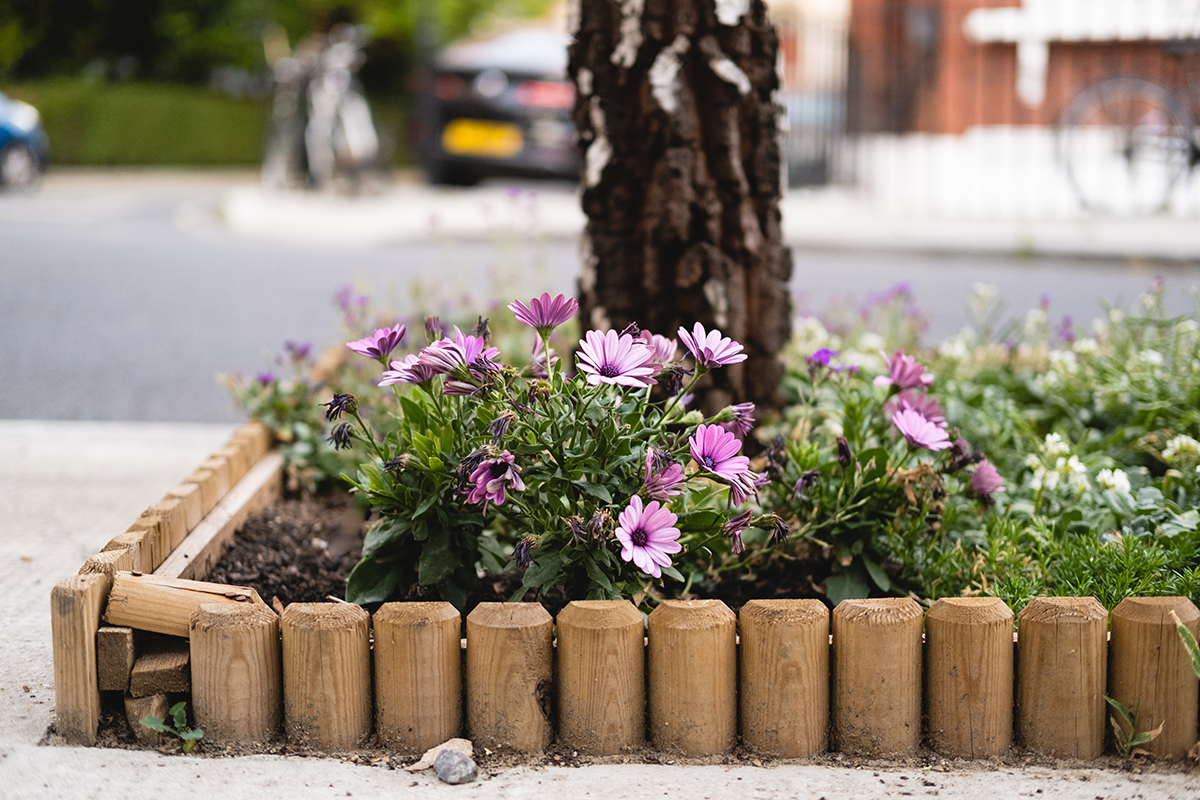Sustainable Urban Drainage Systems: Enhancing Water Management for Cities
27 June 2023

As cities continue to grow and urbanise, the need for effective and sustainable water management becomes increasingly critical. Sustainable Urban Drainage Systems (SuDS) offer a solution that aims to manage stormwater runoff while minimising its impact on the environment and maximising its potential benefits. By integrating natural processes into urban areas, SuDS promote water conservation, reduce flood risk, and enhance the overall quality of urban living.
Traditionally, urban areas have relied on conventional drainage systems, which quickly collect and channel stormwater runoff into underground pipes and channels. However, this approach often leads to several issues, including increased risk of flooding, pollution of water bodies, and reduced groundwater recharge. Additionally, conventional drainage systems can create a disconnect between urban dwellers and the natural water cycle.
What are SuDS?
SuDS enhance natural drainage processes, allowing stormwater to be managed in a more sustainable manner. These systems work by slowing down the flow of water, encouraging infiltration into the ground, and promoting the use of vegetation and natural features to capture and treat runoff. By doing so, Sustainable Urban Drainage Systems offer a range of benefits that contribute to the long-term sustainability of urban areas.
One of the primary advantages of SuDS is flood risk reduction. By slowing down the flow of stormwater, these systems can prevent overwhelming the drainage infrastructure during heavy rainfall events. Instead of rapidly conveying water away, SuDS allow for controlled attenuation and gradual release of stormwater, reducing the likelihood of flooding downstream.
SuDS also promote the preservation and improvement of water quality. As stormwater passes through vegetated areas and infiltration systems, it undergoes natural filtration, which helps remove pollutants such as sediment, heavy metals, and hydrocarbons. The result is cleaner water that can be safely discharged into local water bodies or used for non-potable purposes like irrigation.
SuDS also contribute to water conservation by maximizing the use of rainfall as a resource. Through techniques like rainwater harvesting and storage, SuDS systems collect and store rainfall for later use, reducing the demand for potable water. This approach not only reduces the strain on municipal water supplies but also promotes a more sustainable and resilient water management strategy.
In addition to their functional benefits, SuDS can enhance the aesthetic appeal of urban areas. Incorporating green infrastructure elements, such as rain gardens, bio swales, and permeable pavements, adds natural beauty to the built environment. These features create pockets of green space, improve air quality, and provide habitats for wildlife, enhancing the overall liveability of urban communities.
Implementation of SuDS
Implementing Sustainable Urban Drainage Systems requires a holistic approach involving urban planners, engineers, landscape architects, and policymakers. It is crucial to consider site-specific factors such as topography, soil conditions, and climate when designing and installing SuDS. Additionally, public awareness and engagement are vital for the successful implementation and maintenance of these systems.
Many cities around the world have already embraced SuDS as part of their sustainable urban development strategies. Examples include green roofs in Chicago, permeable pavements in London, and rain gardens in Melbourne. These initiatives demonstrate the potential of SuDS to transform cities into more resilient, environmentally friendly, and people-centred spaces.
Sustainable Urban Drainage Systems provide an innovative approach to water management in urban areas. By integrating natural processes, SuDS offer a range of benefits, including flood risk reduction, improved water quality, water conservation, and enhanced urban aesthetics. As cities face the challenges of urbanisation and climate change, implementing SuDS becomes increasingly crucial for creating sustainable and liveable urban environments.

